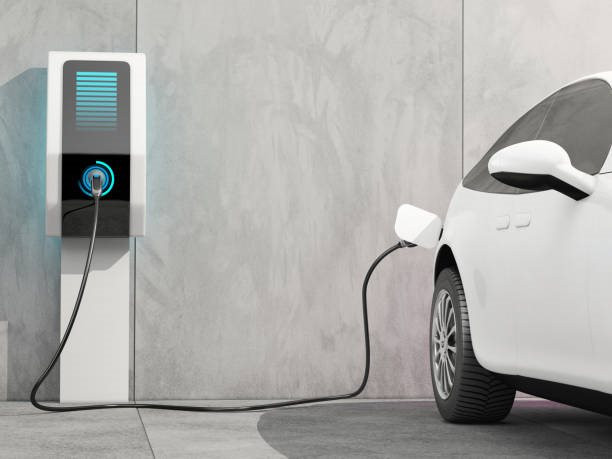Is this the perfect model for the electric vehicle market to take off? The Japanese startup specializes in turning gasoline cars into electric cars, removing the bottleneck of the charging station as well as the charging time
- Tram Ho
Next month, Japanese startup Fomm will launch a service to turn gasoline cars into electric cars by installing batteries and electric motors in old cars. This move is expected to help increase the popularity of electric vehicles in Japan, according to Nikkei.
Fomm also allows customers to exchange batteries, which saves time in charging the vehicle. This service is seen as promising when the Japanese government has relaxed regulations on storing batteries in warehouses. Its demand will also be huge, especially with transportation companies when they want the cars to be operated at maximum capacity on the road, instead of wasting time “dead” at charging stations.
Fomm was founded in 2013 by Hideo Tsurumaki, a former engineer of Suzuki Motor. The company’s main shareholders include electronics retailer Yamada, robot maker Yaskawa and Shikoku Electric Co.

Initially, the service was only aimed at Suzuki’s microvan Every model, which is widely used by shipping companies. Fomm replaces the car’s engine with an electric motor and battery. This battery and electric motor are made in Japan and Thailand.
The country’s transport ministry insists the converted vans will be allowed to run on the road if it meets basic safety standards.
One of the weak points of electric vehicles is the long charging time. A typical car will take about 10 hours for a full charge. Even with fast charging technology, the car still has to stop in one place for about 30-60 minutes. Therefore, the best way to optimize the operation of the current car is still overnight charging.
Fomm solves this problem by exchanging batteries. The company’s system allows the vehicle’s battery to be changed in just 2 minutes. Battery exchange stations will be set up in delivery centers, allowing drivers to exchange batteries if needed when they arrive to pick up their deliveries.
Fomm also cooperates with auto repair associations, where work is underway to turn petrol cars into electric vehicles. The company said it will conduct training with auto repair garages.
The company says it costs 1.8 million yen ($13,300) to convert a gasoline car into an electric vehicle, and its goal is to convert 1,000 minivans to electric vehicles in the fiscal year that starts in April.
In Japan, it’s cheaper to buy a new electric vehicle than it is to convert thanks to subsidy programs. However, Formm argues that its battery replacement service will benefit transportation companies to keep the cars moving. Converting a minivan to an electric vehicle is also faster than searching for a new car in the context of the current supply chain disruption.
In fact, after the government loosened regulations on battery storage, there were many Japanese businesses promoting similar services. Isuzu Motors, a truck manufacturer, has also developed a mini-truck that allows battery swapping or Honda Motor has also formed a joint venture with energy company Eneos to develop 70 battery exchange stations in Tokyo for to March 2024.
In this regard, China can be considered ahead of Japan.
For example, electric vehicle startup NIO not only develops models that allow battery swapping, but already operates 1,000 battery swap stations across China. The company wants to increase the number of stations to 3,000 by 2025.
Source: Nikkei
Source : Genk
